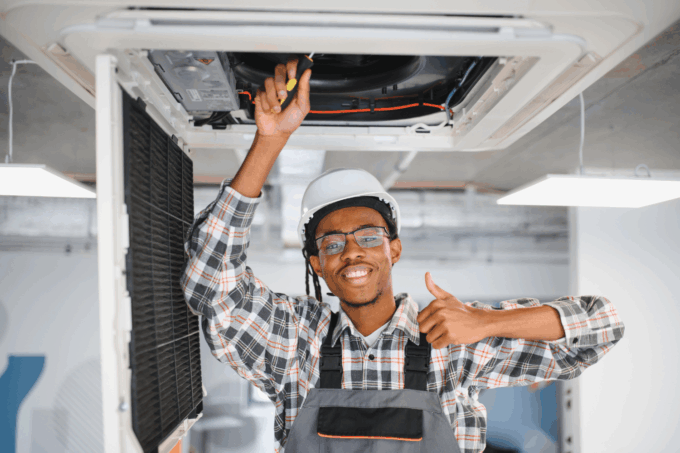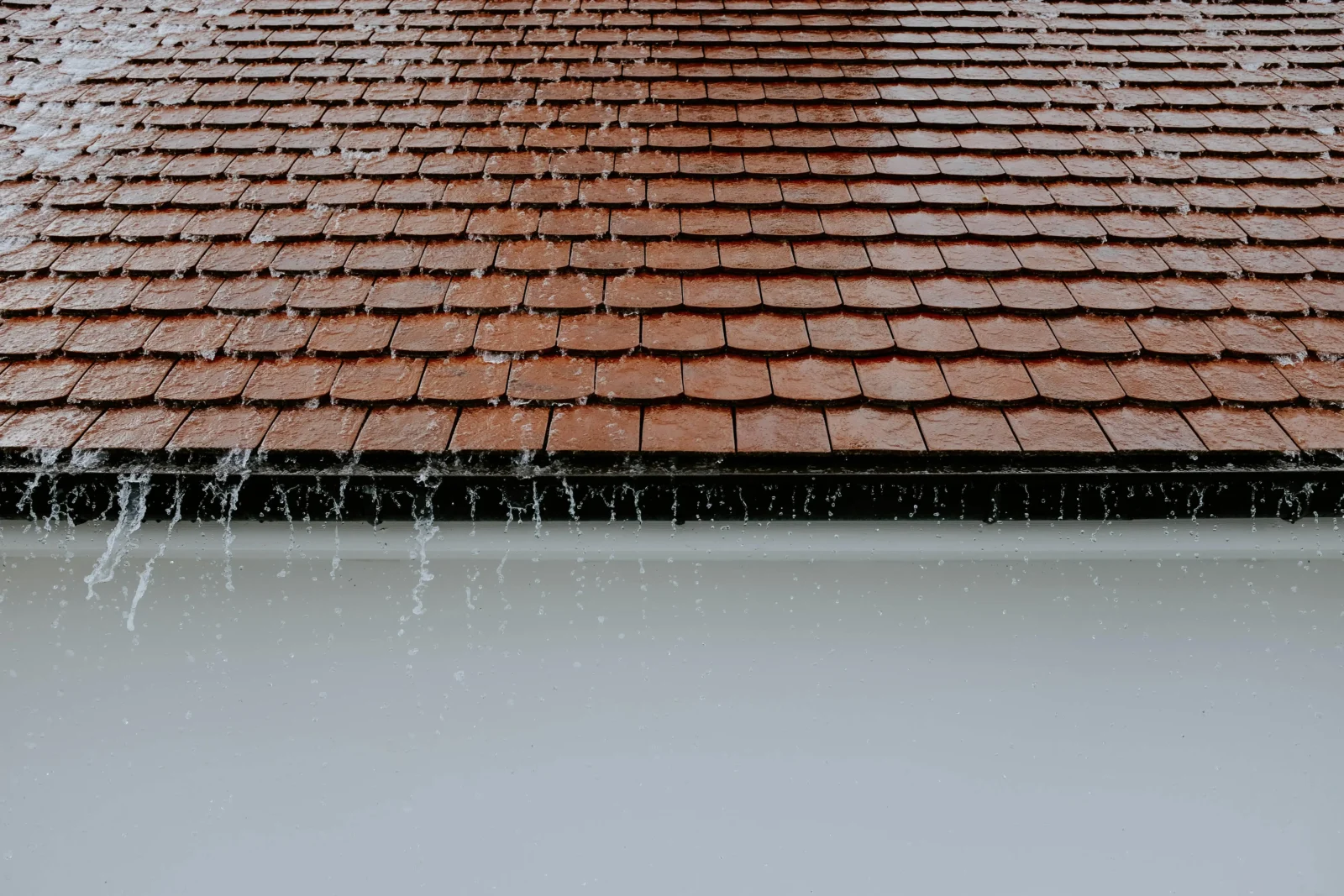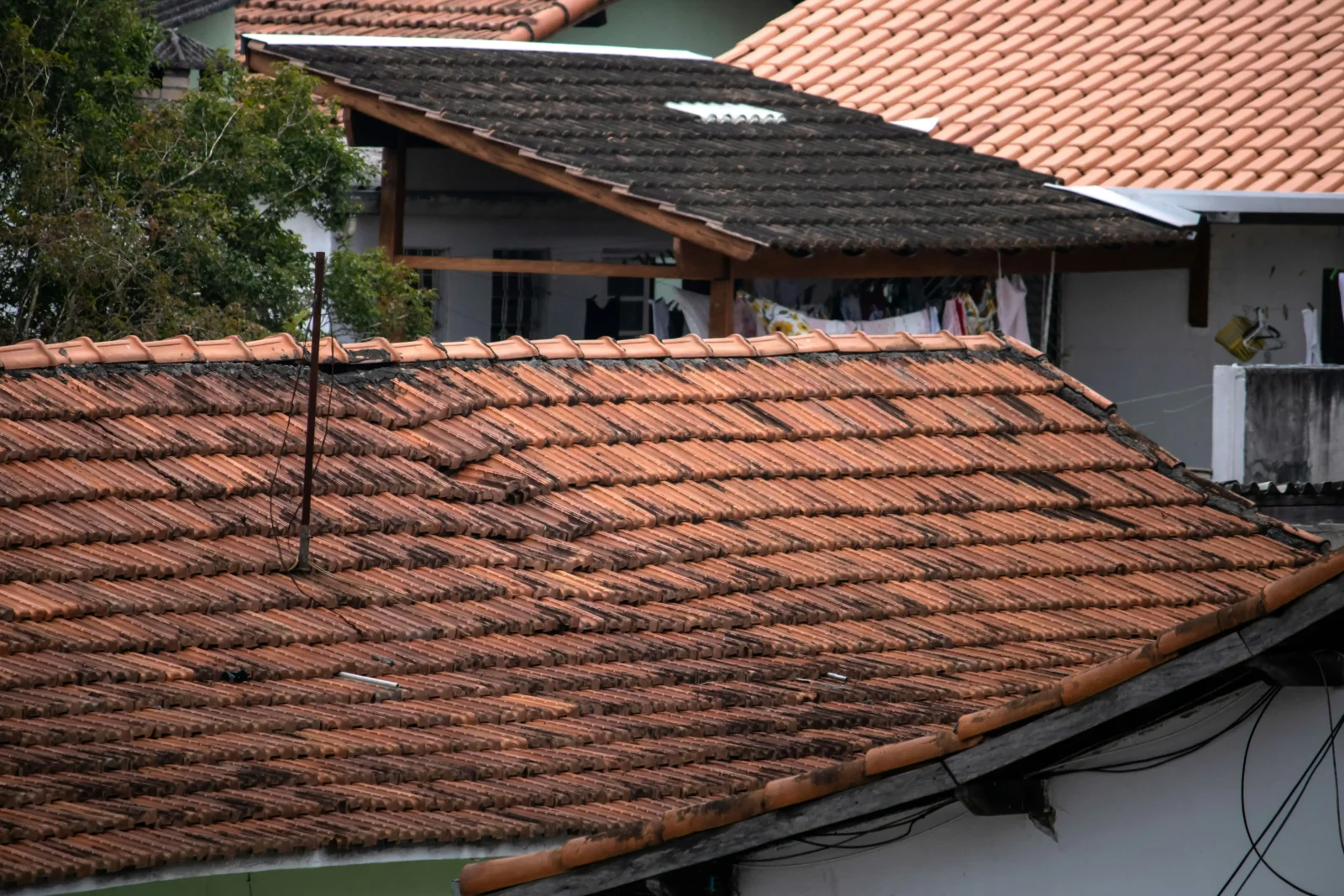- Home
- Articles
- Architectural Portfolio
- Architectral Presentation
- Inspirational Stories
- Architecture News
- Visualization
- BIM Industry
- Facade Design
- Parametric Design
- Career
- Landscape Architecture
- Construction
- Artificial Intelligence
- Sketching
- Design Softwares
- Diagrams
- Writing
- Architectural Tips
- Sustainability
- Courses
- Concept
- Technology
- History & Heritage
- Future of Architecture
- Guides & How-To
- Art & Culture
- Projects
- Interior Design
- Competitions
- Jobs
- Store
- Tools
- More
- Home
- Articles
- Architectural Portfolio
- Architectral Presentation
- Inspirational Stories
- Architecture News
- Visualization
- BIM Industry
- Facade Design
- Parametric Design
- Career
- Landscape Architecture
- Construction
- Artificial Intelligence
- Sketching
- Design Softwares
- Diagrams
- Writing
- Architectural Tips
- Sustainability
- Courses
- Concept
- Technology
- History & Heritage
- Future of Architecture
- Guides & How-To
- Art & Culture
- Projects
- Interior Design
- Competitions
- Jobs
- Store
- Tools
- More
How to Spot Hidden Roof Issues Before They Get Worse

Table of Contents Show
Many homeowners assume their roof is in good condition unless they visibly see problems. However, roofs can harbor issues that may not be immediately apparent. From leaks that go unnoticed until they cause extensive water damage to structural weaknesses exacerbated by weather conditions, hidden roof issues can be costly. Regular maintenance and inspections are vital in safeguarding your home against these potential disasters. In this guide, we will explore different signs of hidden roof problems and provide tips to help you identify and address these issues early.
Understanding Common Roof Problems
Being knowledgeable about common roof problems is instrumental in spotting hidden issues early. Some prevalent concerns include leaks, missing shingles, and sagging areas. These problems can stem from various sources such as age, inadequate installation, or severe weather. Without a critical eye, many of these signs can go unnoticed, leading to worsening conditions over time.

For example, leaks can often occur around flashing, vents, or in skylight areas, where moisture might seep in. Even minor leaks, if not addressed, can lead to extensive mold growth and structural damage. Missing shingles, whether from high winds or improper installation, can leave portions of your roof exposed to the elements, leading to further deterioration.
How Weather Can Impact Roof Health
Weather conditions play a significant role in the life expectancy of your roof. Extreme temperatures, heavy snowfall, rain, and winds can accelerate wear and tear. High winds can dislodge shingles, especially if they are already compromised. Heavy rains often expose the smallest leaking problems, which can transform into significant issues if not handled promptly.
Additionally, heavy snowfall can create excessive weight, straining your roofing materials and structure. The weight of accumulated snow can lead to cave-ins in severe cases. As temperatures fluctuate, ice can form on the roof and cause ice dams, potentially blocking drainage and creating pooling that can infiltrate your home.
Regular Maintenance and Inspections
Performing regular maintenance and inspections is essential for spotting hidden roof issues before they escalate. Homeowners should schedule a comprehensive roof inspection at least once or twice a year. Essential maintenance tasks include removing debris, cleaning gutters, and checking for wear and tear on roofing materials. Keeping your gutters free of leaves and dirt will allow water to flow correctly, minimizing the risk of leaks.
During inspections, examine flashing, shingles, and seals around vents and chimneys. Look for any signs of curling, cracking, or discoloration, as these may indicate underlying issues. If you feel uncomfortable doing these inspections yourself, hiring a professional roofing contractor can offer peace of mind. They possess the necessary training and experience to identify problems that you may overlook. Should a significant issue arise, having a trusted contractor for emergency roofing can help resolve problems quickly, preventing further damage. A proactive approach to roof maintenance not only extends the life of the roof but also saves homeowners potentially thousands of dollars in repairs.
Signs of Hidden Damage to Look For
Recognizing the signs of hidden roof damage is critical in maintaining your home’s integrity. Water stains on your ceilings or walls are often the first visual clues that something is not right. These stains can signal hidden leaks or issues in your roofing materials. Another warning sign is the presence of mold or mildew, as these organisms thrive in damp environments.
Additionally, inspect your attic for signs of light entering through the roof, which indicates potential holes or missing materials. This situation can be a gateway for moisture, leading to further damage. Check for peeling paint or warped wood which may suggest prolonged exposure to moisture.
Importance of Professional Inspections
Hiring a professional for roof inspections ensures that hidden issues do not slip through the cracks. Professionals come equipped with knowledge, tools, and experience that the average homeowner may lack. They understand how to spot problems that you might overlook, providing an unbiased assessment of your roof’s condition.

Additionally, they can give tailored advice on preventative measures suited to your specific roof type and local environment. These routine inspections can help extend the life of your roof, ultimately saving you money by preventing more serious problems from developing.
In many cases, professionals may provide a thorough report detailing weak areas and recommendations for repair or maintenance.
Planning for Roof Repairs
Being prepared for potential roof repairs is a wise homeownership strategy. Knowledge of common issues, awareness of weather conditions, and having a reliable contractor can set you up for success. When it comes time to repair your roof, establish a well-structured plan that includes budgeting, timelines, and the scope of work necessary.
Start by evaluating the extent of the damage. Minor repairs may include patching up leaks and replacing individual shingles. More severe issues may require total replacement. Be transparent with your contractor about your budget and timeline, allowing them to help you devise a solution that best suits your needs.
Addressing hidden roof issues starts with understanding the common problems, maintaining regular inspections, and recognizing the signs of damage. Weather can significantly impact roof health and make preventive maintenance crucial. Seeking professional inspections and planning repairs can help mitigate future risks. By being proactive about roof maintenance, homeowners can protect their investment and enhance the longevity of one of their most important assets.
illustrarch is your daily dose of architecture. Leading community designed for all lovers of illustration and drawing.
Submit your architectural projects
Follow these steps for submission your project. Submission FormLatest Posts
How to Select the Most Reliable Shelter Installation Team
Table of Contents Show Set Clear Specs And Site CriteriaVet Credentials And...
How Smart Roof Design Reduces Maintenance Costs
Table of Contents Show Design for Drainage FirstPut The Anchor in The...
Top Roof Architecture Trends: Climate Specific Roofing Designs
From classic gabled roofs to innovative cool roofs and green roofing systems,...
To Upgrade or to Change Your Roof Completely: Key Facts to Know
Table of Contents Show Expert Guidance on Full Roof DecisionsThe True Cost...












Leave a comment